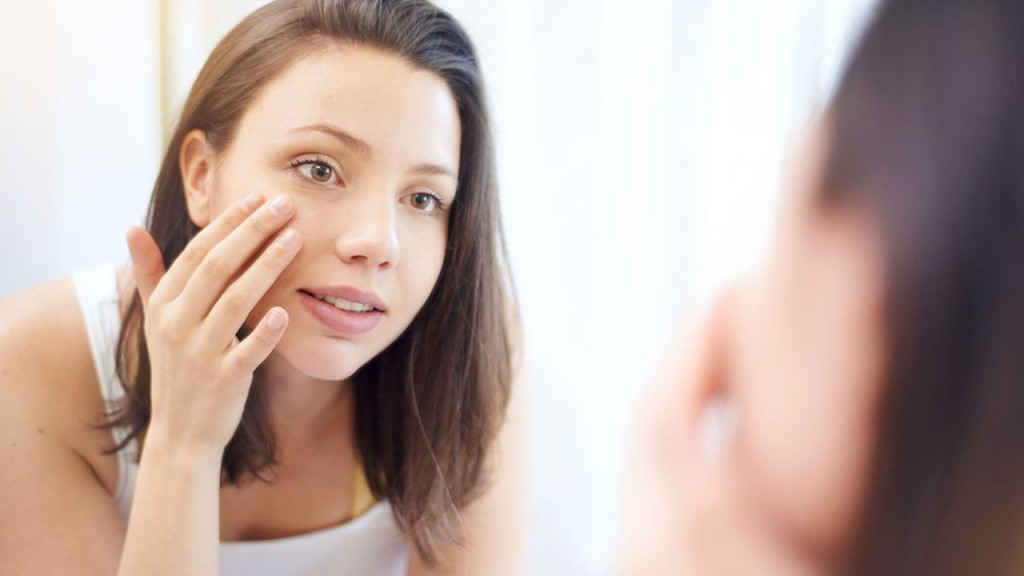How to take care of acne-prone skin? Facts and myths about acne
 It is said that it is a disease that concerns only teenagers. However, more and more often adults have to deal with acne as well. If you also have to face such a problem, you must discover what methods to use to get rid of it. Also, find out if popular beliefs about acne are real.
It is said that it is a disease that concerns only teenagers. However, more and more often adults have to deal with acne as well. If you also have to face such a problem, you must discover what methods to use to get rid of it. Also, find out if popular beliefs about acne are real.
What is acne?
Acne is a disease that is caused by many factors. The most frequently mentioned include: genetic conditions, improper care, other skin diseases, stress, diet, and environmental pollution. Blemishes appear when the sebaceous glands secrete too much sebum, which is collected in the hair follicles. Together with dead skin cells, cosmetics and other impurities, an excellent environment for the multiplication of bacteria causing acne is created.
Cleansing acne-prone skin
Contrary to appearances, you should not cleanse the face and remove sebum too heavily, because this way, acne can get worse or the skin will dry up. For the treatment of acne skin, moisturizing and soothing preparations without detergents and with a light texture should be used. After using the cosmetic, it is worth applying a toner that will restore the skin’s pH and rebuild its protective hydro-lipid layer.
Scrub for acne-prone skin
Exfoliation is a very important part of acne skin care. If you intend to do it at home, remember that it should be carried out once a week. However, if you prefer going to a beauty salon – do it once a month. Products with abrasive particles or preparations with acids will work well. Always make sure to go to a proven beauty salon and have it done under the supervision of an experienced specialist. Thanks to the regular exfoliation, your skin will become healthier and cleaner, and you will be able to take care of it better.
Facts and myths about acne
Does the sun cure acne? Only temporarily. The sun’s rays dry up inflammation and have a bactericidal effect. Unfortunately, the skin condition changes in autumn and winter. There are new changes and discolourations, the amount of secreted sebum is greater, and the epidermis that has thickened during the summer, flakes unevenly.
Should pimples be poped? Never! If you do, it can lead to infection; discolouration or scar will remain. What’s more, when popping the zit, you can spread bacteria all over your face and even other parts of your body.
Does stress increase acne? It turns out that yes. Stress increases the level of one of the hormones responsible for, among others, the increase in blood pressure. This, in turn, worsens the condition of acne skin.

The Grand Mascara Test. Check Out Which Mascaras Should Get Into Your Makeup Bag!
Mascara should not only be long-wear but also effective. Many women experience problems when...
Lash Lift And Lamination Kit – The Best Products On The Market. How To Choose The Perfect One?
Natural eyelashes are often quite unruly and require a lot of effort to make them visibly...
Nanolash Mascaras – Which To Choose? The Lengthening or The Thickening One?
No makeup can do without a good mascara. This product makes the gaze look deep and, above...
How to Remove Face And Eye Makeup Properly?
Removing face and eye makeup properly is the basis of skincare. Without a thorough cleansing...